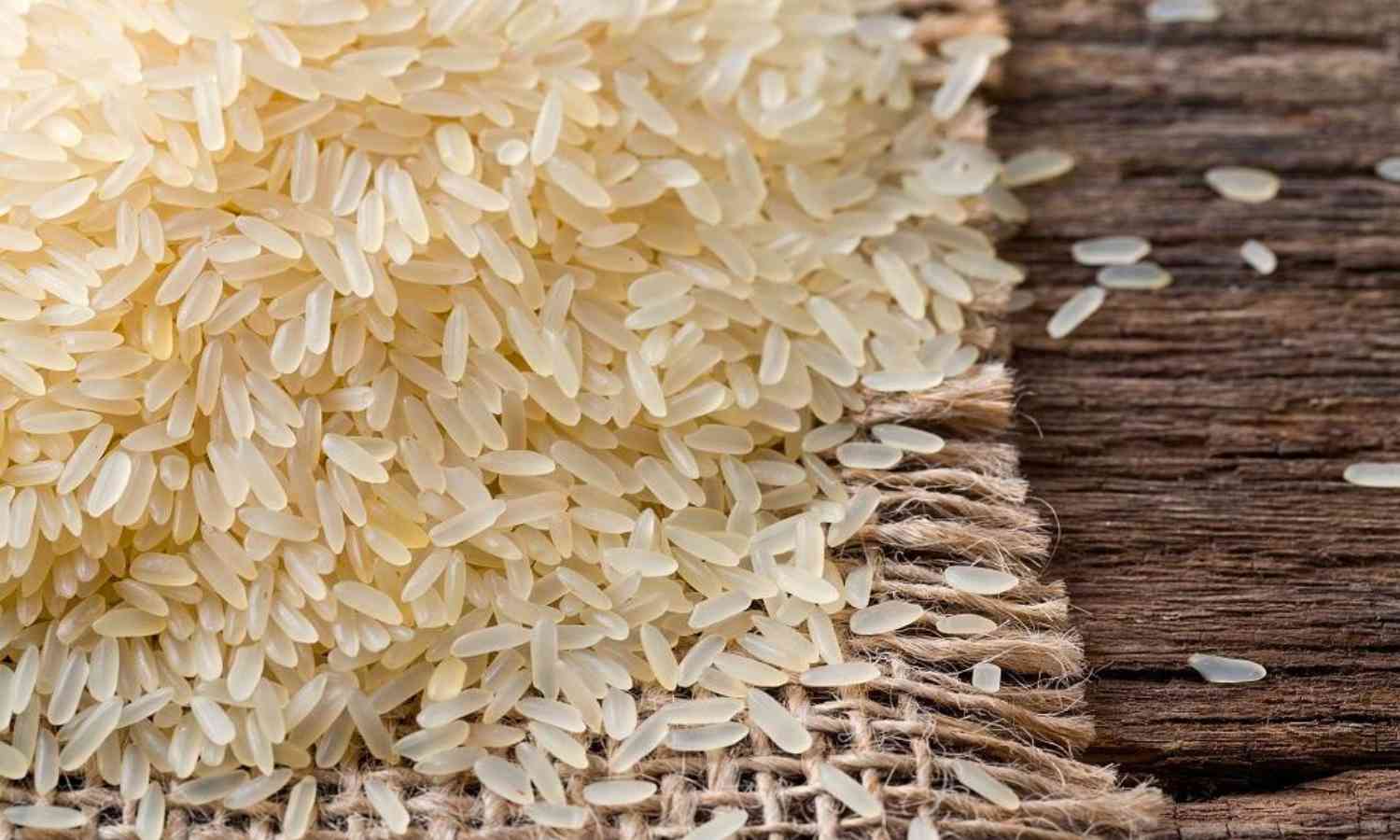A 20% levy has been placed by the government on the export of parboiled rice in an effort to maintain a sufficient local supply and to regulate domestic prices. According to a statement from the Finance Ministry, the export tax that was put in place on August 25 would stay in effect until October 16, 2023.
Parboiled rice in customs ports that haven't received an LEO (let export order) and are supported by legitimate LCs (Letters of Credit) before August 25, 2023, would be eligible for duty exemption.
With these regulations, India has effectively put a stop to all non-basmati rice varieties. About 25% of the total rice exported from the nation is non-basmati white rice.
Non-basmati white rice exports were prohibited by the government last month in an effort to increase domestic supplies and control retail prices over the approaching festive season. Exports of broken rice were banned in September last year.
Non-basmati white rice exports have been banned due to rising food grain prices and increased exports.
Due to a significant rise in food prices, annual retail or consumer price inflation reached a 15-month high of 7.44% in July compared to 4.87% in June.
To enhance domestic availability, India had placed a 40% export duty on onions a week earlier.
In 2022–2023, India's total basmati rice exports were valued at $4.8 billion, while the volume was 45.6 lakh tonnes.
According to data from the agriculture ministry, India's rice production is estimated to have increased from 129.47 million tonnes the year before to 135.54 million tonnes in the crop year 2022–23 (July–June).
The previous fiscal year saw $6.36 billion in non-basmati exports. It was 177.9 lakh tonnes in volume.
© Copyright 2023. All Rights Reserved Powered by Vygr Media.
























